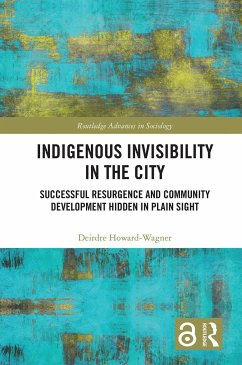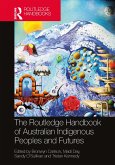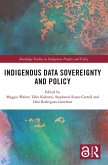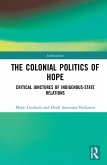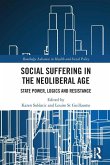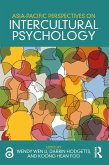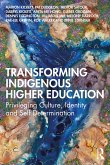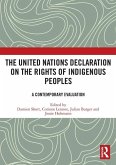Indigenous Invisibility in the City contextualises the significant social change in Indigenous life circumstances and resurgence that came out of social movements in cities. It is about Indigenous resurgence and community development by First Nations people for First Nations people in cities.
Seventy-five years ago, First Nations peoples began a significant post-war period of relocation to cities in the United States, Canada, Australia, and Aotearoa New Zealand. First Nations peoples engaged in projects of resurgence and community development in the cities of the four settler states. First Nations peoples, who were motivated by aspirations for autonomy and empowerment, went on to create the foundations of Indigenous social infrastructure. This book explains the ways First Nations people in cities created and took control of their own futures. A fact largely wilfully ignored in policy contexts.
Today, differences exist over the way governments and First Nations peoples see the role and responsibilities of Indigenous institutions in cities. What remains hidden in plain sight is their societal function as a social and political apparatus through which much of the social processes of Indigenous resurgence and community development in cities occurred. The struggle for self-determination in settler cities plays out through First Nations people's efforts to sustain their own institutions and resurgence, but also rights and recognition in cities. This book will be of interest to Indigenous studies scholars, urban sociologists, urban political scientists, urban studies scholars, and development studies scholars interested in urban issues and community building and development.
This book is available for free in PDF format as Open Access from the individual product page at www.routledge.com. It has been made available under a Creative Commons Attribution-Non Commercial-No Derivatives 4.0 license.
Seventy-five years ago, First Nations peoples began a significant post-war period of relocation to cities in the United States, Canada, Australia, and Aotearoa New Zealand. First Nations peoples engaged in projects of resurgence and community development in the cities of the four settler states. First Nations peoples, who were motivated by aspirations for autonomy and empowerment, went on to create the foundations of Indigenous social infrastructure. This book explains the ways First Nations people in cities created and took control of their own futures. A fact largely wilfully ignored in policy contexts.
Today, differences exist over the way governments and First Nations peoples see the role and responsibilities of Indigenous institutions in cities. What remains hidden in plain sight is their societal function as a social and political apparatus through which much of the social processes of Indigenous resurgence and community development in cities occurred. The struggle for self-determination in settler cities plays out through First Nations people's efforts to sustain their own institutions and resurgence, but also rights and recognition in cities. This book will be of interest to Indigenous studies scholars, urban sociologists, urban political scientists, urban studies scholars, and development studies scholars interested in urban issues and community building and development.
This book is available for free in PDF format as Open Access from the individual product page at www.routledge.com. It has been made available under a Creative Commons Attribution-Non Commercial-No Derivatives 4.0 license.

